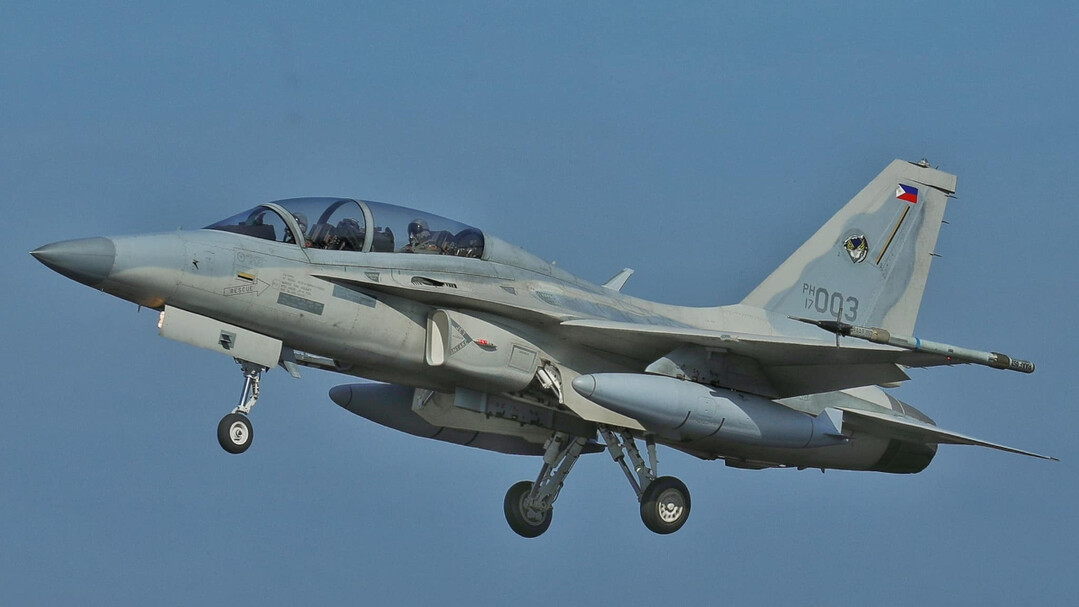
SEOUL, South Korea – South Korea's defense industry is rapidly emerging as a formidable global competitor, with Korean aerospace and defense companies achieving remarkable success on the international stage. Amid burgeoning interest in Korean-made aerospace weapon systems spanning Asia, the Middle East, and South America, Korea Aerospace Industries (KAI) has secured successive breakthroughs in the Philippine market, igniting a new era for the domestic defense sector through simultaneous exports of fighter jets and helicopters.
On June 2, KAI announced a landmark $700 million (approximately ₩1 trillion) contract with the Philippine Department of National Defense for 12 FA-50 light attack aircraft. This marks a significant repeat order, coming 11 years after the Philippines initially acquired 12 units of the same model in 2014. The Philippine Air Force's high praise for the FA-50's performance and efficiency was a crucial factor in this decision, underscoring the aircraft's proven capabilities in the field.
The FA-50 Fighting Eagle is a versatile multi-role combat aircraft derived from the T-50 Golden Eagle advanced trainer, jointly developed by KAI and Lockheed Martin. Its operational success extends beyond the Philippines to various other countries, including Malaysia, Poland, and Iraq. Notably, KAI signed a contract in May 2023 to supply 18 FA-50s to Malaysia, further solidifying its global market presence.
Building on its success in the Philippines, KAI's international outreach is aggressively expanding beyond Asia into the Middle East and South America. Egypt is currently a focal point of this expansion. In April, the defense publication DefenceWeb reported that Egypt was in the final stages of negotiations with South Korea for the acquisition of up to 100 FA-50 aircraft. An initial contract for 36 units, valued at approximately $1 billion, is expected to be finalized first, with a strong possibility of expanding the order to a total of 100 aircraft.
Choi Kwang-sik, an analyst at Daol Investment & Securities, highlighted the strategic advantages of this potential deal: "Seventy of these units are expected to be assembled at Egypt's Helwan Factory, following an agreement signed in 2023 between KAI and the Egyptian state-owned Arab Organization for Industrialization (AOI)." Choi further noted, "Egypt operates F-16s, which share about 70% of their components with the FA-50, offering significant advantages in terms of operational efficiency and maintenance." This interoperability with existing fleets is a key selling point for the FA-50.
In addition to expanding its fighter jet exports, KAI is actively pursuing market growth through its Surion utility helicopter. In December of last year, KAI secured a contract with the Philippines for two Surion helicopters, valued at approximately ₩135.8 billion (around $100 million). This breakthrough is expected to pave the way for further penetration into Southeast Asia, the Middle East, and Africa.
Seo Jae-ho, an analyst at DB Financial Investment, emphasized the cost-effectiveness of KAI's offerings: "The FA-50 and Surion offer superior cost-performance compared to American counterparts like the F-16, which bodes well for KAI's future earnings." This value proposition is a significant draw for nations looking to modernize their air forces without incurring the prohibitive costs associated with more expensive Western alternatives.
Domestically, KAI anticipates substantial growth with the impending full-scale production of the KF-21 Boramae next-generation fighter jet, expected to commence next year. This program is a critical component of South Korea's long-term defense strategy and a testament to its advanced aerospace engineering capabilities.
The international interest in KAI's products is diverse, with countries such as the Philippines, Slovakia, Malaysia, Peru, and the United States showing keen interest. The global confidence fostered by the FA-50's success is expected to provide a robust foundation for future exports of the KF-21, positioning South Korea as a major player in the global advanced aircraft market. This surge in demand reflects not only the quality and performance of Korean defense products but also the strategic partnerships and flexible acquisition models KAI offers, making it an increasingly attractive option for nations seeking to bolster their defense capabilities.
[Copyright (c) Global Economic Times. All Rights Reserved.]






























